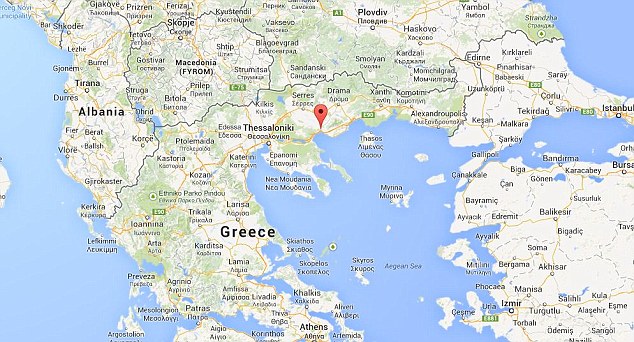The Greek Prime Minister has hailed the discovery of a large ancient tomb with possible connections to famed leader Alexander the Great as “clearly extremely significant”, as reported by the Daily Telegraph.
The tomb, which dates from around 300BC and is thought to be the largest yet discovered in the country, lies in the ancient Kingdom of Macedon, which now forms part of modern northern Greece. Because of the age, size, and form of decoration it has been suggested by some that the complex may belong to one of Alexander’s senior generals or a member of his family, although no specific evidence as to the inhabitant has been uncovered yet.
Due to the ravages of time and iconoclasty of the subsequent Roman occupation of Greece, discovering the exact form is like a jigsaw puzzle for archaeologists who have discovered a large stone lion and a pair of sphinx at the site.
In ancient mythology, the Sphinx was an intelligent and dangerous lion with a human head and wings who acted as guardians and sentinels. In the eponymous Greek myth, Oedipus answers the riddle of the Sphinx to free the city of Thebes in Egypt. Protecting this tomb with a pair of protective creatures shows the deceased for whom it was built was revered and deserving of protection.
The tomb is approached by a long and broad avenue, the complex is surrounded by a 497-meter marble wall and features finely decorated frescoed walls and arches, which were an architectural innovation associated with later Greek architecture and tombs.
The central tomb itself, if unlooted, may contain the burial chest and objects pertaining to the individuals life which could include weapons, jewellery and pottery should be opened by archaeologists in the next two weeks. As the site is close to the nearby ancient city of Amphipolis, which grew rich from gold mining, any discovery inside may be significant.
King Alexander III of Macedon is popularly remembered as Alexander the Great, a noted military leader and politician in the third century BC. Through his campaigns against Mediterranean, Middle Eastern and Indian powers he had at the time of his death conquered most of the known world and alongside the Kingdom of Macedon he was also the Pharaoh of Egypt, the King of Persia and the King of Asia, a new title he created for himself.
Alexander died in Babylon (modern day Iraq) of a fever and was buried there, largely ruling out that it might be his tomb. The dig has taken two years so far and is being overseen by the Hellenic ministry of Culture and Sports.

COMMENTS
Please let us know if you're having issues with commenting.